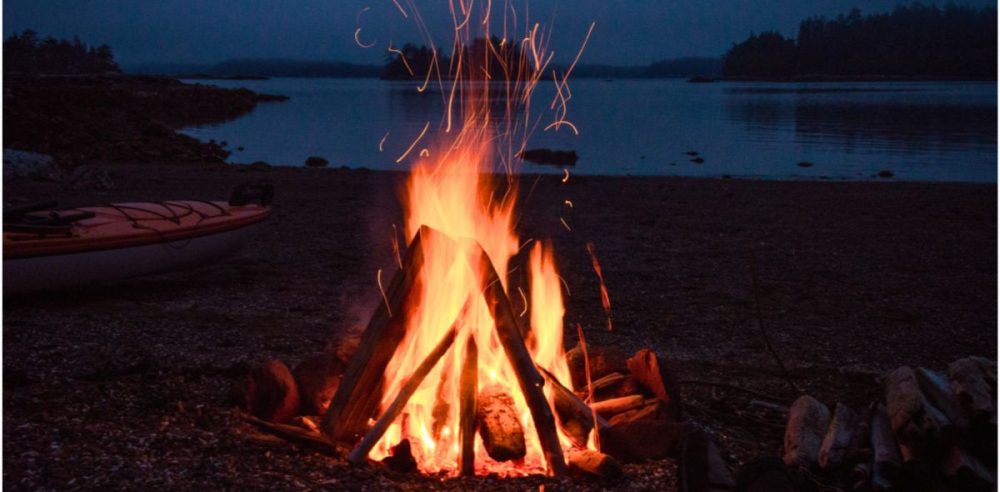I recently heard a verse spoken aloud that I have glanced upon but never lingered with mindfulness. When spoken to me, however, the words vibrated through my ears and into compartments deep within that I do my best to keep hidden even from myself.
“For every trampling boot of battle and the bloodied garments of war will be burned as fuel for the fire,” Isaiah 9:5.
The verse swept through my mind for days, touching uninvited corners and exposing remnants of pain.
I was disturbed to be reminded that some of what I wish to forget is also what has helped make me who I am today. Depending on the day, this dissonance is both aggravating and empowering.
There are times I have questioned the intent of my keen ability to compartmentalize. Am I wanting to move on and let the past slumber, avoiding the waking of the bear? What size is the bear? Has enough time passed, enough healing forged, that the beast is but the size of a cub? Dare I look to see for myself?
Compartmentalizing brings temporary relief — a reprieve from the burden of thought.
A wise woman once told me that when I choose to compartmentalize specific accounts of my past, I place the pain associated with these narratives in a box, but I am not necessarily processing the pain.
As such, I close the box and push it into a corner of my mind, sometimes stacking box upon box. Eventually, the weight becomes too heavy to move, and I learn to navigate around some aspects of my past, like a piece of dated furniture that no longer belongs in my living room.
The woman challenged me to contain rather than compartmentalize. The difference, she said, is in accessibility.
When I compartmentalize, I close and seal the lid, often minimizing the contents and my hurt. I tell myself that it is over, and what is done is done. I am good. All is well. Move on.
Containing, however, involves putting the contents and my hurt in a bin and acknowledging what is inside.
I confirm what happened, including the confirmation that my emotions are real and valid. And even though I choose not to dwell upon the contents, I will keep the lid off so I can check in with myself from time to time, noticing how my responses change as my healing progresses.
Containing involves healthy moments of curiosity — being engaged in healing without ignoring the past, overthinking the past, or living in the past.
Through containing, rather than compartmentalizing, I pay attention to my mental and physical responses, both positive and negative, to things happening today. In this effort, I notice my progress as well as areas that require consideration.
If I continue to compartmentalize, I may find myself doing exceptionally well until the day I am unexpectedly triggered. It could be years from now… or days. It could happen at the gas station, grocery store, or in the comfort of my home.
The temporary escape from processing ill equips me to manage my nervous system once exposed to something that harks back to what I have kept under a closed and sealed lid. This self-protection effort may actually defeat me, as the trigger blows the lid off my container, giving oxygen to what I have called dead. As a result, my response could be overtly intense, as I have not checked in with myself along the way.
This is the difference between compartmentalizing and containing, and each of us has a marker of validity that equates to what balance between the two is ideal. I have learned that a middle ground is best for me. In the beginning, compartmentalizing was best as I needed the rest and the escape from myself and the contents in the box. As I continue to heal, I find myself between compartmentalizing and containing, which is okay.
A pastor told a congregation to “look for unexpected signs of hope.” I wrote these six words down as they make a sentence worth remembering. As I check in with myself and look into my bin, I no longer see a bear. I see a cub. This brings me hope and joy.
In time, I expect, trust, and know that through God’s grace, power, and provision, He will bring to life Isaiah 9:5 and use the boots that trampled upon my path and the garments of war in my bin as fuel for the fire that brings light and warmth to my journey for His continued purpose and plan.
This column was initially published by CherryRoad Media. ©Tiffany Kaye Chartier.


